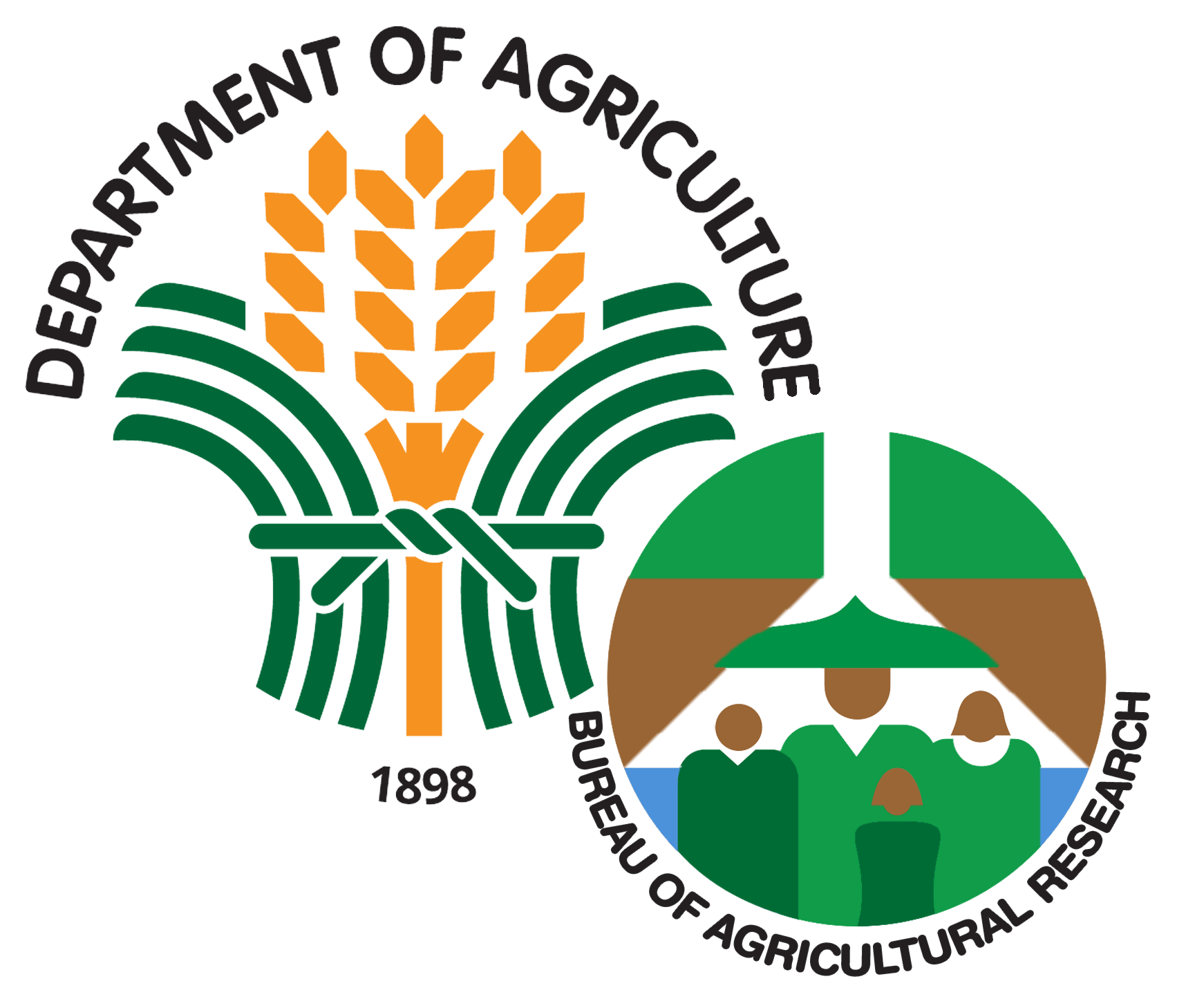To manage expectations and ensure its efficient execution, seven new projects funded under the High Value Crops Development Program (HVCDP) underwent a series of inception meetings led by DA-Bureau of Agricultural Research in collaboration with the implementing agencies—DA-Palawan Research Experiment Station (PRES), University of the Philippines Los Baños (UPLB), and DA-Cagayan Valley—on 29-30 April and 2-3, 8 May 2024, respectively .
DA-PRES adopted the off-season onion production technologies, developed by DA-Nueva Vizcaya Experiment Station (NVES), in Narra and Puerto Princesa City, Palawan. Through technical support from DA-NVES led by onion expert Salvador M. Bulda, 65 farmers—members of the Best Agri Land Users Growers Association and Narra Vegetable Growers Cluster Association—will learn to use A-type tunnel rain shelter and appropriate variety Red Dragon. The inception meeting, led by DA-PRES center chief Librada L. Fuertes, was followed by an on-site evaluation of the initial activities of the project, which includes the focus group discussion among the two farmers’ associations and the local government unit of Narra and Puerto Princesa, as well as the training on off-season onion production in partnership with DA-NVES and establishment of the demo farm at Palawan Agricultural Center in Iwahig
The four new projects to be implemented by UPLB are succeeding phases of their respective undertakings. In its second phase of implementation is the project led by Villamor A. Ladia, Jr. The goal of which is to develop waterlogging tolerant tomato toward variety release and recommendation for flood-prone areas.
While in its third phase are the projects led by Lavernee S. Gueco, PhD, Antonio G. Lalusin, PhD, and Mr. Elmer Enicola Their projects aim to enhance public accessibility and utilization of the registered fruits, nuts varieties and other native fruit species through the development of a network of plant nurseries in selected regions; to field evaluate and select promising, purple-fleshed yam accessions that re high yielding, deep purple color with high dry matter and high anthocyanin contents; and enhance the availability of high-quality seeds of selected lowland vegetables and legumes toward commercial scale seed production, respectively.
Selected members of the 13 farmers cooperatives and associations from Nueva Vizcaya, Cagayan, Isabela, and Quirino and representatives from municipal local government units attended the inception meeting for the projects implemented by the DA-Cagayan Valley.
DA-NVES will further enhance the adoption of the off-season onion production technologies to 500 farmers in clustered areas in various rice-, corn-, and vegetable-based areas in Nueva Vizcaya, Cagayan, and Quirino. Led by Bulda, this project will hopefully ensure the onion supply at competitive prices during lean months.
To increase productivity of mango production, the DA-Cagayan Valley Research Center will be promoting the mango package of technology on fertilizer and pesticide use strategy, as well as rejuvenation technology to at least 50 mango farmers in four farmer cooperatives and associations. The project, led by Mary Jane B. Ibarra, aims to address the low productivity and poor production management of the mango industry in the region.


